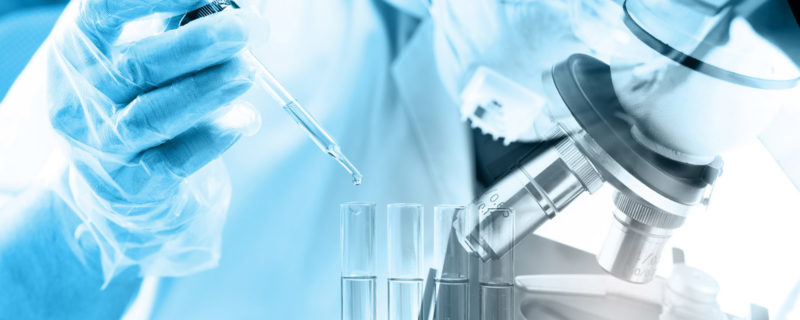Gov. Herbert met with leaders from Utah’s life sciences industry via Zoom on July 30, 2020. Due to the coronavirus pandemic, the roundtable was held virtually.
The Governor’s Life Sciences Roundtable discussion, organized by the Business Services group within the Governor’s Office of Economic Development (GOED), was a listening session for the governor and his economic development team. Participants offered insight into the challenges and opportunities facing the industry.
Ryan Starks, GOED managing director of Business Services, facilitated the meeting and said, “The life sciences industry represents a crucial sector of Utah’s diverse, dynamic economy on a national level. Utah’s life sciences ecosystem consists of cutting-edge technology, world-class research, and a robust workforce. The industry is responsible for billions of dollars of investment into Utah and continues to enlarge its footprint both locally and nationally.”
Rob Fredericks, VP and General Manager, BD Medical, emphasized that as community health is protected, workers within the life sciences industry remain safe and can complete their essential efforts. He also expressed his appreciation for the governor’s foresight in encouraging the federal government to stockpile supplies in preparation for vaccination.
The diverse group discussed challenges and opportunities the industry is facing and how companies are responding to the coronavirus pandemic. Topics discussed included: public-private partnerships, the need for public health measures, and COVID-19 testing, attracting talent and suppliers, industry messaging, and a host of other issues.
Andy Robertson, VP of Business Development at Ioniq Sciences, noted the need to hire additional talent in the medtech and life sciences industries from within the state’s educational system.
Mark Paul, president of Stryker’s neurovascular division, believes the ingredients are here in Utah for a robust medtech industry, including labs, sterilizers, and several suppliers. It has the potential to be one of the most robust sectors in the state.
A common theme addressed was how local communities and the state could better utilize the skillsets, expertise, products and services of Utah’s life sciences industry. Kelvyn Cullimore, president and CEO of BioUtah, a trade association serving Utah’s life sciences community, remarked that local life sciences companies are prepared to lend their expertise.
The governor’s concluding remarks included observations that Utah continues to be open for business despite the pandemic, and agreed with industry leaders about the importance of testing for COVID-19. He was intrigued by the opportunity to train and educate a local workforce to meet the need for life sciences workers. He noted there are more than 40,000 jobs in the life sciences industry in Utah, and 1 in 13 Utah jobs are related to the life sciences industry.
